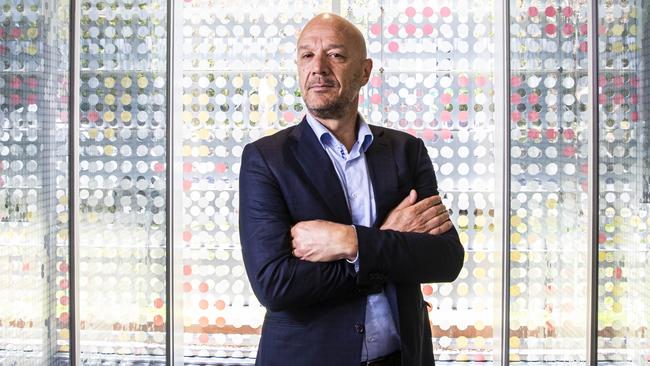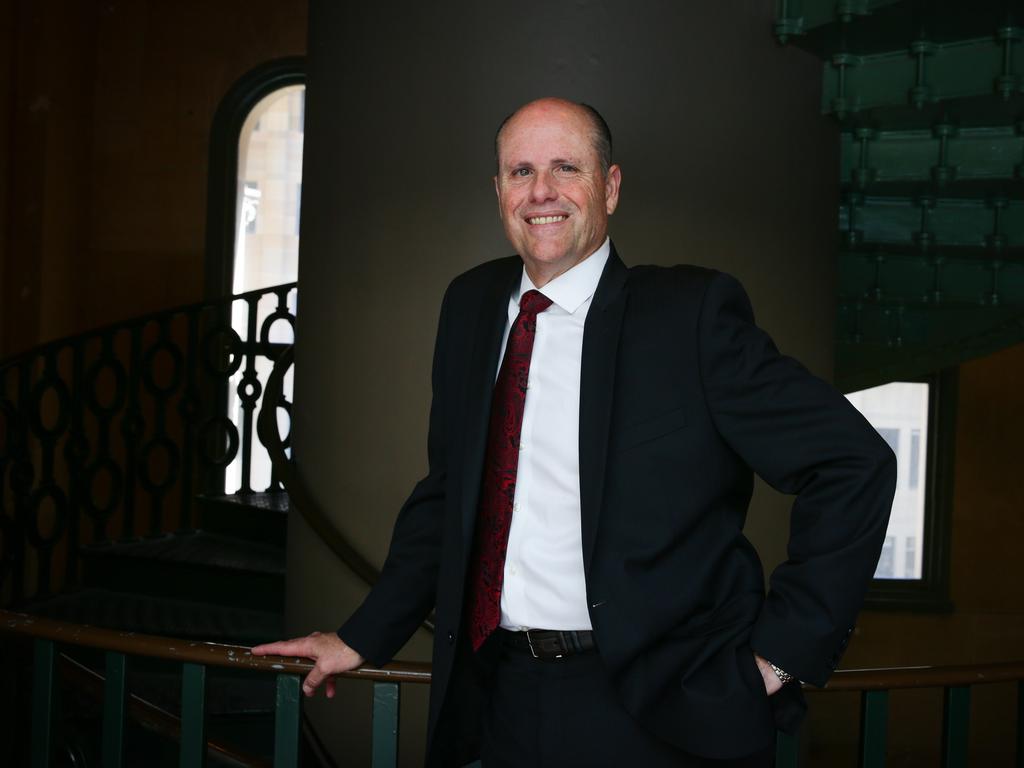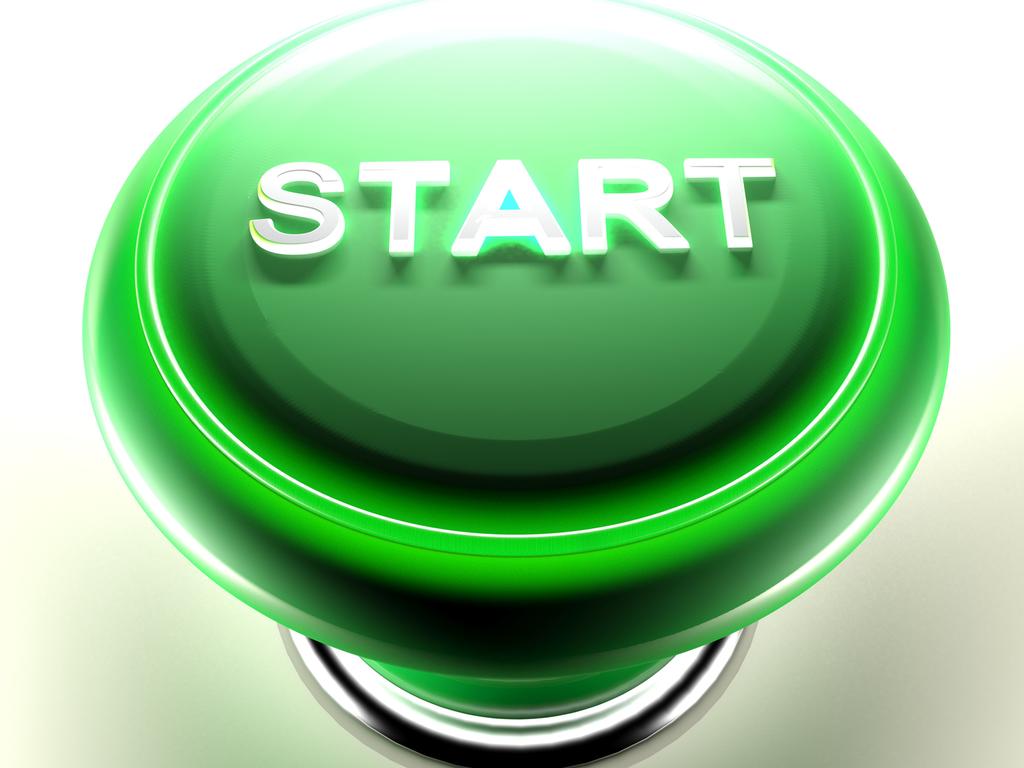CSL maintains earnings despite government cancelling COVID-19 vaccine contract
Hopes of bolstering lucrative royalties and licence revenue from the development of a homegrown COVID-19 vaccine have been dashed.

Any hopes of CSL bolstering its already lucrative royalties and licence revenue from the development of a homegrown COVID-19 vaccine have been dashed after the federal government terminated part of its $1.7bn deal to secure 50 million doses of the experimental treatment.
CSL, the biggest company on the ASX, has ended its partnership with the University of Queensland to develop a vaccine after false HIV-positive results were detected during clinical trials.
None of the trial participants was infected with the HIV virus but the Morrison government cancelled its order to maintain public confidence in the global coronavirus immunisation effort.
CSL has maintained its earnings guidance despite the contract cancellation, saying it never expected to deliver a material bounce in revenue.
Part of the rationale is that the effectiveness of other COVID-19 vaccine candidates has exceeded expectations, meaning yearly booster shots may be unnecessary, ending hopes of ongoing revenue once the pandemic subsides. “That’s a source of debate in the community at the moment — how good will vaccines be, how long will they last. I’d say the early results suggest that vaccines (currently in development) have kicked it out of the park,” said Russell Basser, senior vice president of R&D at CSL’s vaccine arm Seqirus.
“The outcomes are way better than anybody anticipated in terms of the efficacy. So all the concerns about ‘we’d be lucky if they’d be 50-60 per cent effective’ and all the concerns about needing a yearly booster — I think this will be questioned.”
For that reason, Dr Basser said CSL was not expecting its partnership to deliver the royalty riches akin to its blockbuster cervical cancer vaccine Garvasil, which was also developed in partnership with the University of Queensland.
“This was a project where we were going to cover costs and we might have made some extra revenue for one or two seasons.
“This project was never material in our projections. And stopping the project has not altered our guidance for the year.”
But the termination of the government contract spooked investors, with CSL’s share price falling 3.2 per cent to $291.53 on Friday.
The world is sweating on a COVID vaccine to return to some kind of normality, and investors are skittish towards any negative development news.
The US recorded 3124 COVID deaths on Wednesday, the first time that the country has topped 3000 deaths in a single day. That equates to about two people dying each minute, highlighting the need for an effective vaccine.
To put that into perspective, the September 11 terrorist attacks killed more than 2900 people, while the 1906 San Francisco earthquake killed an estimated 3000. Last year, CSL made $US158.5m ($209m) from royalties and licensing its lifesaving treatments — about 1.7 per cent of its overall revenue of $US9.15bn.
While a successful COVID-19 vaccine would have comprised a small amount of overall revenue, chief executive Paul Perreault had previously described its development as a humanitarian effort.
Its work with the University of Queensland used technology known as a molecular clamp, and involved isolating a “spike protein” from COVID-19 to stimulate an immune response.
But the spike protein was unstable. A molecular clamp — made from two fragments of a protein found in HIV — increased the stability and comprised about 6 per cent of the protein in the vaccine.
Dr Basser said while researchers thought there would be potential for false HIV positives in the early stages of the vaccine’s development, they thought they could manage the risk.
“This wasn’t a safety issue ... we were trying to understand whether it would be manageable — and that is how quickly the (false positive) effect might disappear — and whether alternate acceptable testing mechanisms be defined,” Dr Basser said.
“The government was aware and we were working together in the hope we could find an acceptable path forward, but I think it’s fair to say as other vaccine data came out ... that’s when we reached an agreement with government to no longer proceed.
“We worked with HIV experts to try to map out a different way for HIV tests but it got harder the more we looked into it. In the end, we felt the burden was too great.”
University of Queensland vaccine co-lead Professor Paul Young said they decided to proceed with using HIV fragments in the vaccine earlier this year because if researchers had used other proteins it would have set the vaccine’s development back 12 months.
“We were anticipating that there may be an issue, which is why we included it in the original consent forms for our vaccines, but we weren’t expecting that all of the vaccinees would respond with this low-level antibody that was picked up in the tests. That was the unexpected finding.”
Blood samples from study participants were tested after vaccination and researchers found that the vaccine’s molecular clamp antibodies caused a false positive on a range of HIV tests.
CSL will still be involved in the effort to immunise Australians against COVID-19, manufacturing 50 million doses of the AstraZeneca vaccine at its factory in Melbourne at Broadmeadows.
Health Minister Greg Hunt says Australia was still in a “strong position” to roll out COVID-19 vaccines early next year.







To join the conversation, please log in. Don't have an account? Register
Join the conversation, you are commenting as Logout